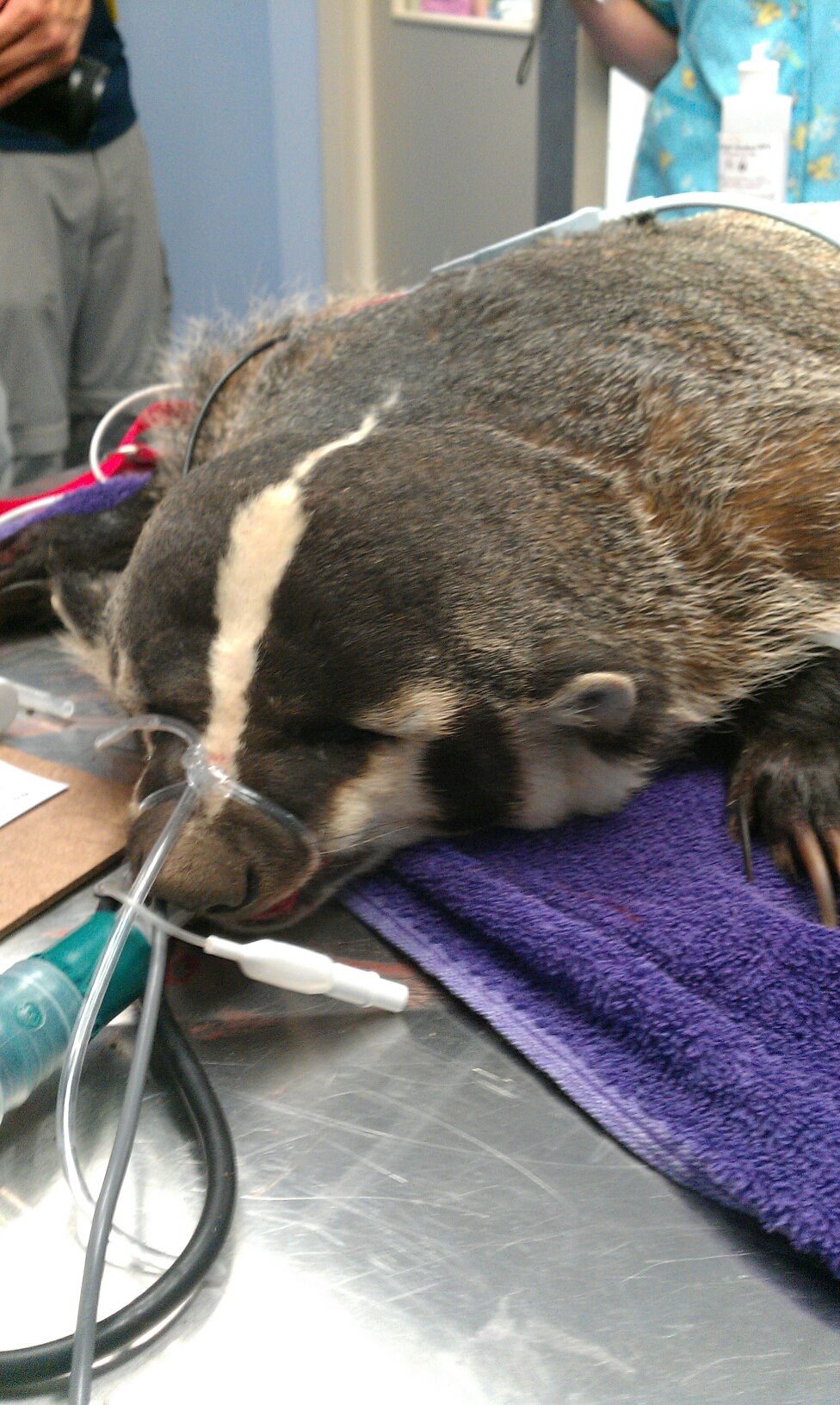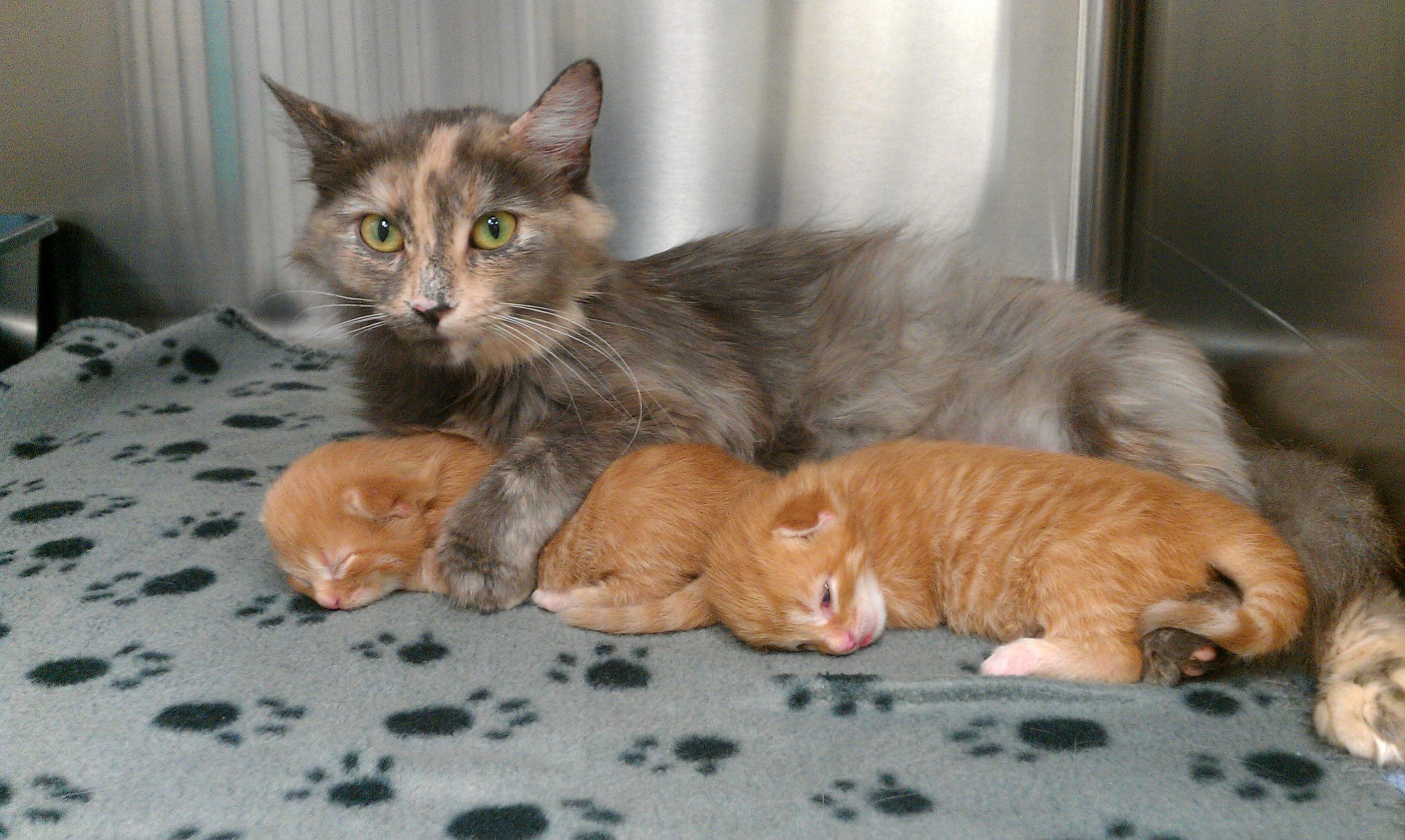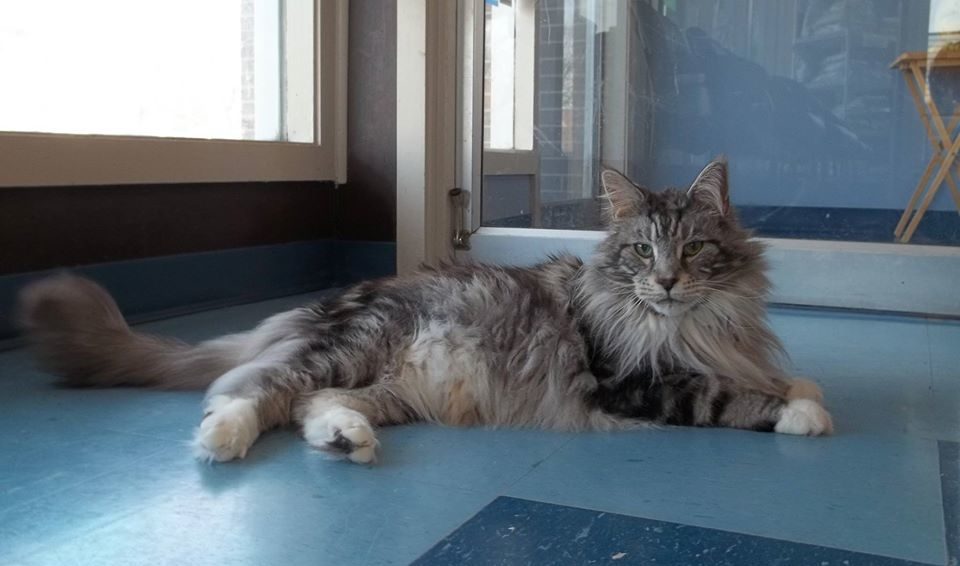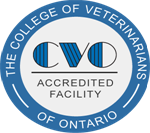Surgery
We would like to thank you for choosing our hospital and staff to perform surgery on your pet. We take this task very seriously. During surgery and while they’re recovering every patient is closely monitored by our veterinary technician, Alexis, as well as state of the art monitoring equipment to ensure patient safety.
Please note: All pets being booked for surgery MUST have a current Rabies vaccine.
Pre-Op Instructions
Day Before Surgery:
It is important that your pet has an empty stomach when undergoing general anesthetic or sedation. Please do not give any food after 9pm the evening before admittance.This is to prevent your pet from aspiring or vomiting prior to or during surgery. Water can always be available.
Morning of Surgery:
Your pet can be admitted for surgery between 8:00am and 9:00am on the scheduled day of surgery. (Please ensure your dog is on a leash and all cats are in carriers). At this time, you will be required to sign the Surgical Consent Form and an estimate of the procedure as well. We will then go over recommended, but optional services that can be done prior to and during surgery. These services include pre-operative bloodwork, intravenous surgical fluids, as well as microchipping, Feline Leukemia and Feline Immunodeficiency Virus test and Heartworm test.
Recommended Services:
- Pre-Operative Bloodwork: Prior to all surgeries, we always recommend having pre-operative bloodwork performed. Pets over the age of 7 must have pre-operative bloodwork. This is done to determine your pet’s kidney and liver function, as these organs are responsible for metabolizing the anesthetic. If they are not functioning properly, other precautions will be taken prior to surgery, or surgery may be delayed. A complete blood cell count is also performed to evaluate all blood cells.
- IV Fluids: Intravenous surgical fluids are also mandatory for pets over the age of 7. The purpose of intravenous surgical fluids is to ensure that your pet’s blood pressure stays within normal range. It also gives us IV access, in case of emergency, to get life saving medication into your pet.
- Microchipping: If your pet is not microchipped, this procedure can also be performed at the time of surgery. Microchipping is highly recommended as a permanent form of pet identification. A small rice-sized microchip is inserted under the skin between the shoulder blades. These microchips are registered and can ensure that your pet is safely returned home if they were ever to wander off.
- FIV/FELV Testing: The Feline Leukemia and Feline Immunodeficiency virus test is a simple blood test that will tell us if your cat has ever come in contact with an infected cat. This test is highly recommended if your cat ventures outdoors and tends to fight with other cats. Feline Leukemia and Feline Immunodeficiency viruses are not transmittable to humans and as of this time there is no cure for either disease. Once cats are infected, they unfortunately remain infected for life.
- Heartworm Testing: The 4DX Heartworm test is also a simple blood test that checks your dog for one mosquito-borne disease and three tick-borne diseases. These include the heartworm disease, Lyme disease, Ehrlichia and Anaplasmosis. This test is required if your dog is over the age of 7 months and has never been tested within the last year, or if your dog has missed heartworm prevention treatments.
All the above-mentioned services are optional (unless your pet is over the age of 7), but highly recommended. Although you may think your pet appears “healthy” on the outside, we have no idea what may be going on inside. It is also advantageous to have “normal” bloodwork as a reference for comparison if your pet was to become ill in the future.





